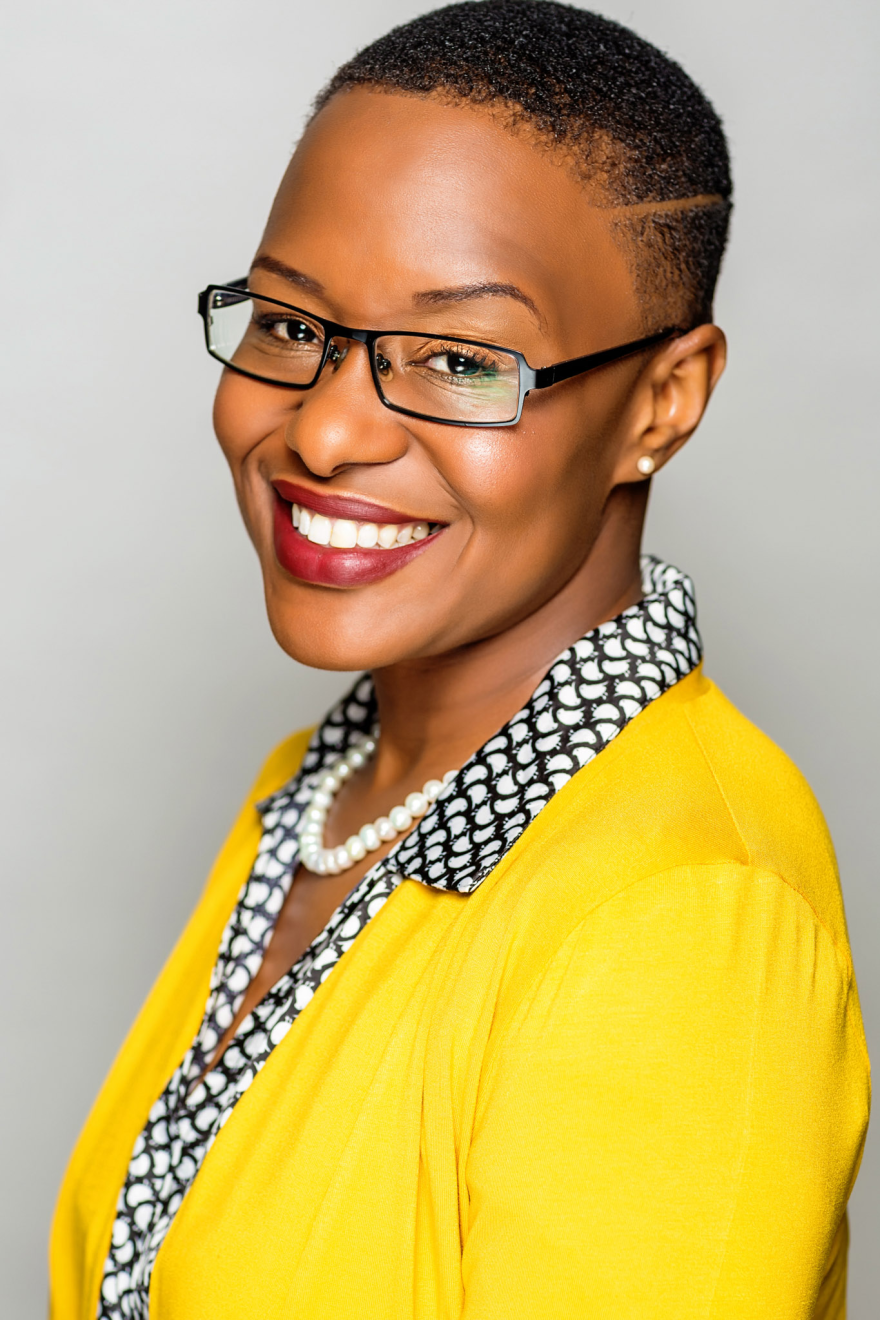When the movie "Outbreak" came out in 1995, Bahby Banks was in high school, good at math and ready to join the Centers for Disease Control and Prevention as an epidemiologist tracking disease. But the more she learned about the broader contextual issues of public health, the more she wondered about what happens after the numbers are collected.

Her favorite class in graduate school was program evaluation because it combined accountability with public health. Her passion for these two concepts comes through in her work today as the CEO and principal research consultant of Pillar Consulting. Banks brings marginalized communities into the conversation around health outcomes to help understand why certain populations are more disproportionately affected by disease.
Her mother died at a young age, and she says she is driven to do her work because she is tired of seeing people die from diseases that are preventable. When she is not talking about public health and equity, she is helping people find their confidence and purpose in life through coaching, empowerment seminars, self-care and her favorite goal-setting tool, vision boards. Host Frank Stasio talks to Bahby Banks about her work as a scholar and coach, her passion for drumming and the powerful women who shaped who she is today.
Interview Highlights:
On her mother's influence on her life:
So much of what I did was because I saw her … and that's why it's so important to me as part of my work. Access and opportunity and seeing someone who looks like you is so important. But she never told me I had to do much of anything but be a great human being. And I wanted to be so much like her, it was crazy.
On data she saw in graduate school that has stuck with her:
And it showed overwhelmingly that people who were white were treated with radical therapies. They were offered chemotherapy, radiation, whatever came down the pike that was novel. And the people whose appendages or body parts were chopped off were racial and ethnic minorities. So what do we do with that data? We need to start asking a lot of questions, because this was not based on income. This was not based on educational attainment. This was not even based on insurance status. Something is wrong with this system.
And so my commitment is to do exactly what my great-grandmother did and what my mother did ... to continue to serve communities that get overlooked, that have been historically oppressed. - Bahby Banks
On the advice that made her change her career:
I remember calling my best friend in Philadelphia — she's a Capricorn she tells it like it is … I remember sitting at a desk and I was like: So people do this for 30 or 40 years? And what happens when they leave? And she said: Well, normally, people retire and then they die early. Or they retire and then they have so many morbidities they can't really enjoy their retirement. I can't do that. I really can't. And so I took a huge leap of faith and said I was going to do this independent consulting thing ... I wanted to be in the community, empowering and engaging people around leadership and building their capacity.











